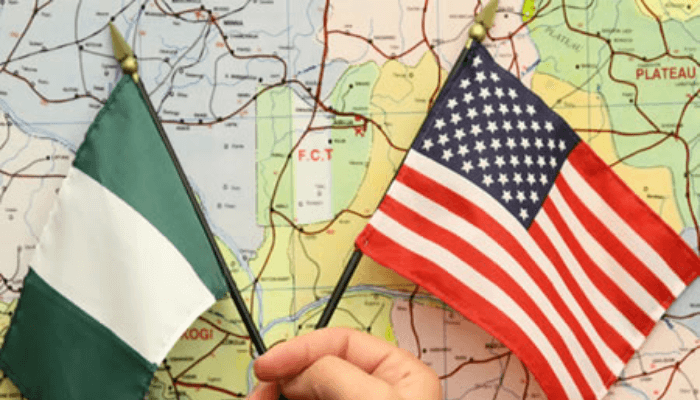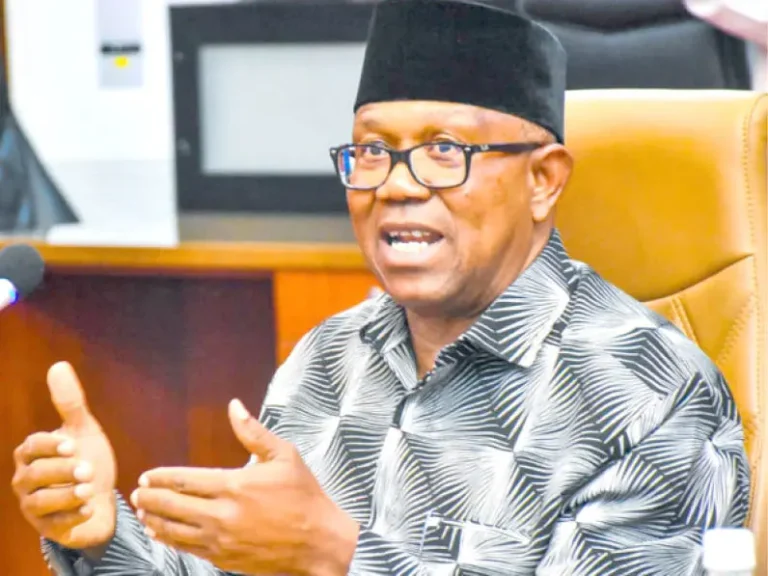
The vibrant energy and potential of Delta State’s youth are undeniable, yet many are being led astray by the deadly grip of cultism, drug abuse, and related social ills. Sadly, some elders and influential figures unintentionally glamorize these harmful lifestyles through flashy displays of wealth and power, fueling young people’s misguided belief that these vices are paths to success. To safeguard our youths’ futures, we must all – elders, religious leaders, government, communities, and media – take collective responsibility in steering them towards positive values and opportunities.
The impact of social vices is devastating: many youths lost to addiction abandon education, while the rise in violent crimes such as robbery, kidnapping, and sexual violence threatens community peace. Drug abuse not only damages health but also clouds judgment, leading to behaviors that endanger both individuals and society at large. The role of religious bodies is crucial, as faith leaders can inspire moral guidance and hope that counters these destructive influences, offering young people a solid foundation of discipline and purpose.
Government and legislative bodies must introduce and enforce stern penalties for those involved in cultism and drug-related crimes. Beyond punishment, creating more reformatory and rehabilitation centers is essential to help caught youths find their way back to productive lives. Law enforcement agencies, especially the National Drug Law Enforcement Agency, must intensify efforts to dismantle drug and cult networks, ensuring that drug peddlers and sellers are tracked, arrested, prosecuted, and jailed, with their operations shut down to protect our communities.
Traditional institutions and community leaders are equally important in this fight. By promoting cultural values that reject deviance, and actively engaging in community surveillance and youth mentorship, they play a frontline role in preventing social vices. Education and civil society organizations must also invest in enlightenment programmes that raise awareness on the dangers of cultism and drug abuse, while youth clubs such as Scouts and Boys Brigade remain vital in providing positive outlets and peer support.
The media’s influence cannot be overstated; powerful campaigns, jingles, and messages must continuously warn against the perils of drug abuse and secret cult activities, shaping public opinion and encouraging youths to shun these destructive paths. Legislations supporting mandatory drug tests in schools and other settings will further help identify and assist vulnerable youths, with the health sector providing accessible mental health and addiction rehabilitation services.
Only through a united, holistic approach can Delta State confront this menace successfully. When religious institutions, government bodies, traditional leaders, civil society, media, health workers, and law enforcement agencies work hand in hand, we create a strong safety net that protects our youths and nurtures their growth into responsible, productive citizens.
Together, we hold the power to reshape our youths’ futures and build a safer, healthier Delta State.




